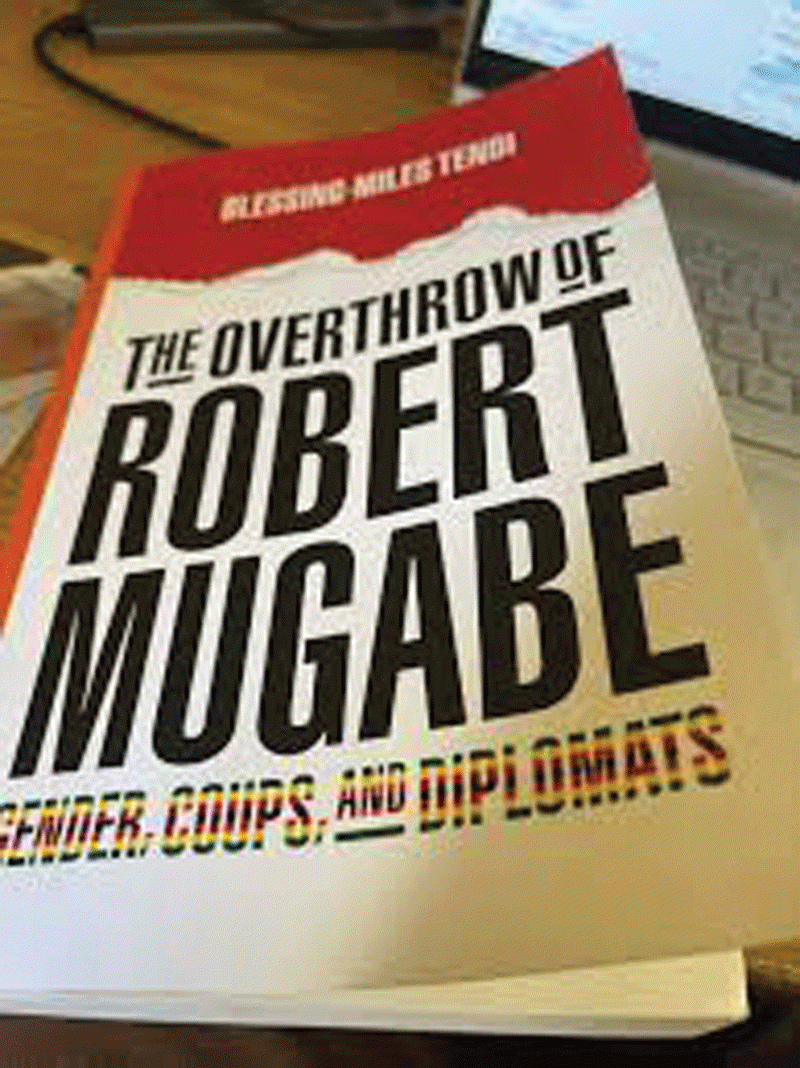
Like many other record labels, he noted that music sales had drastically fallen because people were resorting to cheaper pirated CDs and DVDs.Piracy is no new phenomenon in Zimbabwe but the way Sibindi narrated his ordeal is pathetic and he asked: “Will Zimbabwe ever win this war against piracy?”
His question is complex for several reasons.
Why have piracy convicts continued to walk freely or escape justice through light sentences? Why have people resorted to buying pirated copies when everyone would obviously need original and lasting stuff? Is there any end in sight for this marauding evil?
While many players in the music industry have been trying their best to fight piracy, director of Anti-Piracy Association of Zimbabwe (Apoz), Innocent Matsengarwodzi brew a shocker when he announced that he wanted permission to sell pirated copies of international films and music because the pirates were in search of survival tactics.
Of course, Matsengarwodzi did not get the permission and his idea was met with serious criticism which prompted Zimbabwe Music Rights Association (Zimura) to disassociate itself from Apoz.
In her letter to Matsengarwodzi, Zimura director Polisile Ncube wrote: “Please note that Zimura has rights in international works and as such we cannot continue to be associated with your organisation . . .we cannot afford to take the stance you have taken in terms of intellectual property rights protection.”
So, is Matsengarwodzi’s suggestion a sign that Zimbabwe has failed to combat piracy?
It has become a normal sight to have people selling pirated CDs by roadsides in most cities and towns and it seems the country might sink deeper into the mire of piracy. Inasmuch as efforts have been made to try and harness piracy, the measures still fail to address the situation.
- Chamisa under fire over US$120K donation
- Mavhunga puts DeMbare into Chibuku quarterfinals
- Pension funds bet on Cabora Bassa oilfields
- Councils defy govt fire tender directive
Keep Reading
Most record companies have tried to use encryption of CDs and DVDS as an immediate answer to piracy but that has not worked because technology wizards just decrypt the products and pirate them.
Many people in the industry feel that mass production of products and cutting down the prizes might be a workable solution.
Some record companies argue that the importation of CD and DVD covers is still expensive.
But there is a new style of beautiful card board paper covers that is locally made and the companies can minimise costs through these covers so that we can buy an original CD at the price of at least US$2.
There have also been suggestions that the record companies can expand to retailing so that the products are available at wholesale price.
This suggestion however goes against economic principle because a retailing manufacturer leads to monopoly.
So, when Sibindi bemoaned the level of piracy in the country, he should have been aware of a mountainous task that the industry has to embark on to defeat piracy.











